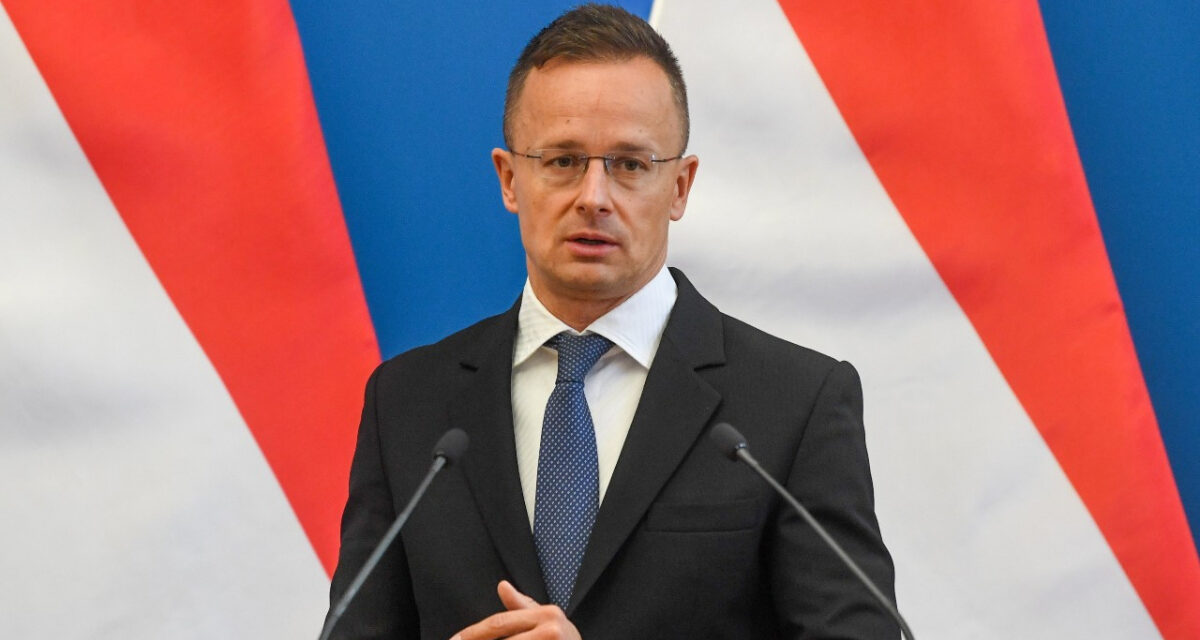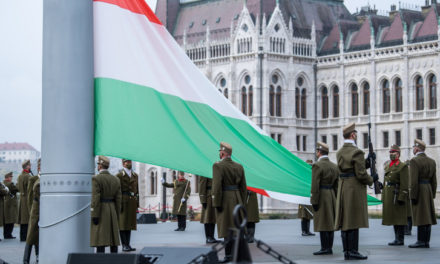It is outrageous that the Green Party ministers of the German government are blocking the Paks expansion for ideological or political reasons, moreover, there is no European legal basis for this, and nuclear cooperation with Russia is not prohibited, Minister of Foreign Affairs and Trade Péter Szijjártó stated on Friday in Budapest.
In response to a journalist's question at his press conference, the head of the ministry stated that the European Commission does not obstruct the expansion of the Paks nuclear power plant, but the German Minister of Economy and Foreign Affairs of the Green Party does.
He reminded that the Russian Rosatom contracted with a German-French consortium to build the control system, and while the Paris export authority has already granted the relevant permission, the Berlin government is blocking this for the time being.
"The compilation of the national energy mix is a national competence, and the question of our energy security is a national matter," he warned, adding that nuclear cooperation is not subject to sanctions.
"And it is unacceptable that a European government, in the absence of any kind of European legislation, for who knows what political or ideological reasons, blocks the developments necessary for the security of its own energy supply in another country," he stated.
Péter Szijjártó said in connection with his meeting the previous day with the Russian Deputy Prime Minister responsible for energy affairs that Aleksandr Novak confirmed that the successful implementation of the Paks investment is of particular strategic importance to the Moscow government. He also underlined that the parties see certain points where the project could be accelerated by simplifying the procedures, but this will take place strictly within the framework of European rules.
The minister underlined that nuclear energy accounts for about a third of Hungarian electricity consumption, and the contracts for the expansion of the Paks power plant were signed nine years ago.
In the current difficult situation, the countries that can produce a significant part of the energy used themselves can be safe, and in the case of Hungary this is only possible with nuclear energy, he pointed out.
Also, he called the possible impossibility of Hungarian-Russian nuclear cooperation deeply contrary to national interests, and emphasized that the government will not vote for any measures in this field.
"The Hungarian people have already paid the price of the war taking place next door. We cannot allow anyone to risk the security of our energy supply," he said.
Source: MTI












